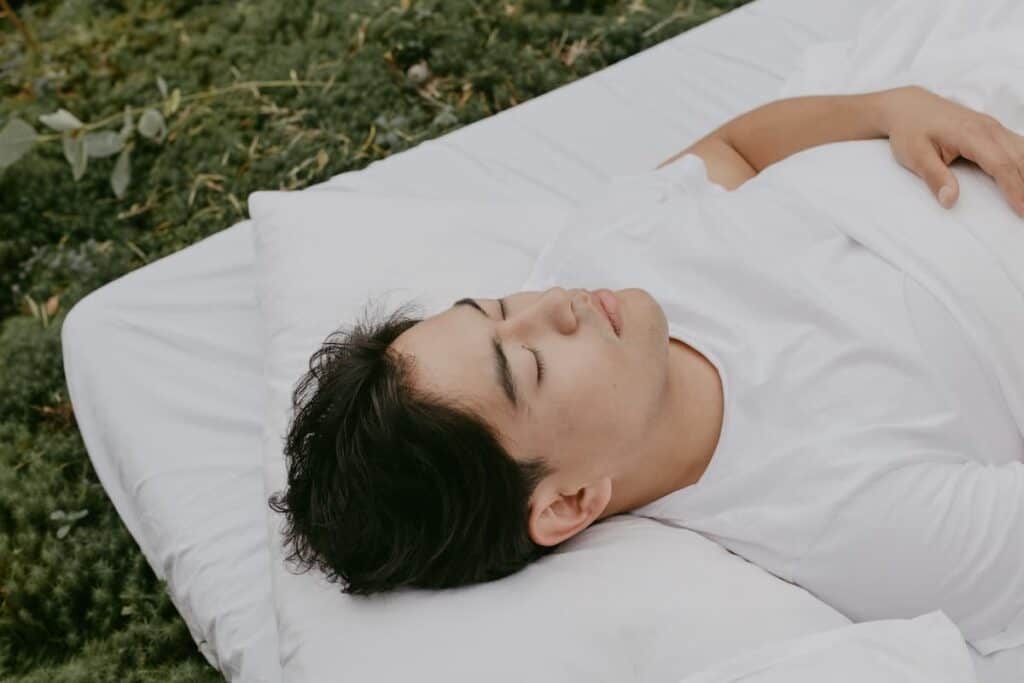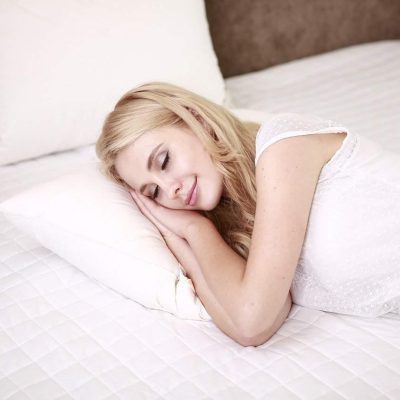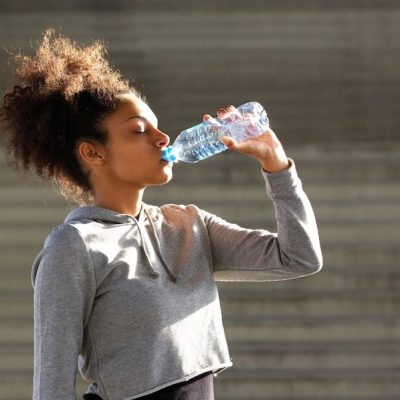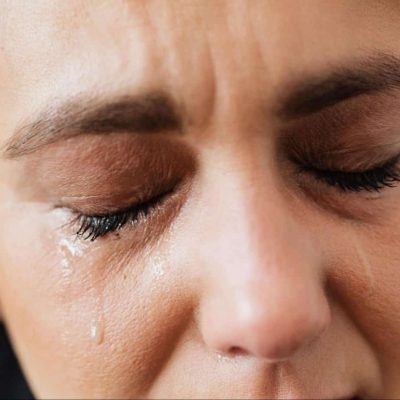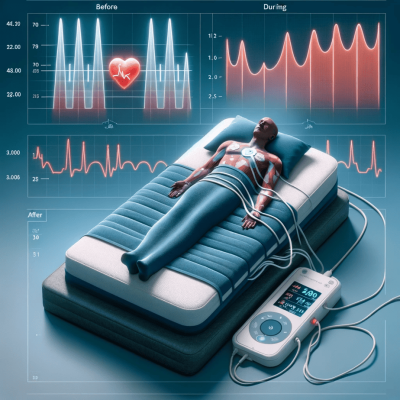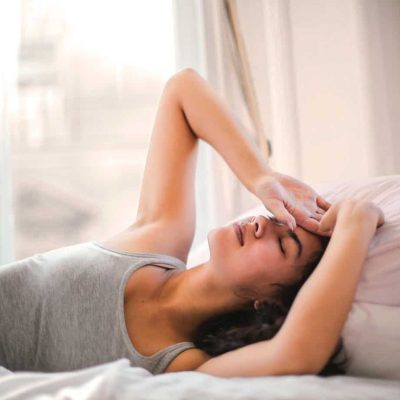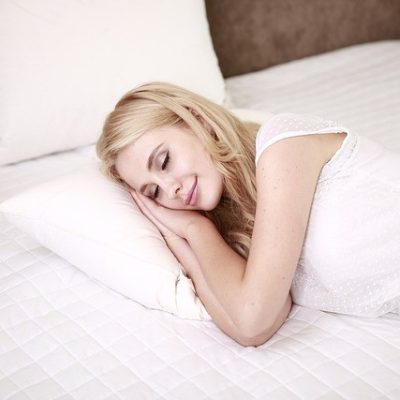In today?s news, a sleep company is recruiting participants for research to see whether the long-held urban legend that cheese triggers nightmares is true. Meanwhile, a Minnesota teenager has spent more than 1,000 nights sleeping outside in his backyard, including one night when it was minus 38 degrees. Additionally, weaker bones and teeth may be another concern for those who suffer from sleep apnea.
Table of Contents
ToggleSleep researchers pay $1,000 to eat cheese before bed
Original Source: Sleep researchers are paying people $1,000 to eat cheese before bed
If participating in a study on the effects of cheese on sleep seems like your idea of a dream come true, like Liz Lemon from “30 Rock,” you might be the ideal participant.
The research firm Sleep Junkie, which is associated with the mattress store Amerisleep, LLC, is recruiting people for a study to determine whether the long-held belief that cheese triggers nightmares is still true.
A job application for the study states, “If selected, our sleep experts will present a list of cheeses that should be eaten each week, from a variety of cheese kinds, such as blue, hard, soft-ripened, and processed.” “The trial will also include lactose-free and vegan cheese among the options.”
Participants will be required to evaluate their dreams, nightmares, and overall quality of sleep after consuming the various cheeses and dozing off.
Beginning in March, the study will endure for three months. In addition to all the free cheese, you will also be paid $1000 at the conclusion of the study.
Participants, known as “dairy dreamers,” are required to be at least 21 years old, sleep alone, have a regular sleep routine, and own a smartwatch or activity tracker, according to the job application.
Participants are also not allowed to have lactose intolerance or any other sleep disorders like insomnia.
Despite rumors to the contrary, numerous studies have demonstrated that dairy products like cheese can actually aid with sleep.
Multiple studies that examined the relationship between dairy and sleep in 2020 discovered that tryptophan-rich dairy products may, among other things, promote deeper sleep.
A combination of milk and cheese, combined with exercise, before bed may also aid older persons in falling asleep, according to studies.
Minnesota teen sleeps outside for nearly 3 years
Original source: Minnesota teen has slept in his backyard for nearly 3 years just for fun
Isaac Ortman, 14, has slept under the stars in his Duluth, Minn., backyard for over 1,000 nights, including a minus-38-degree night.
Isaac’s nightly habit began as a self-challenge at his family’s cabin 30 miles from home when he was 11.
Isaac, a Boy Scout, said he might continue into college. ?It’s fun and I don’t want to stop.?
Isaac and his Troop 15 pals built a quinzhee at Lakeside Presbyterian Church in Duluth to honor his 1,000th night of sleeping outside.
Isaac’s parents let him sleep alone in the quinzhee next to the Boy Scout meeting building where he attends with his dad, Andrew Ortman, the troop’s scoutmaster.
After breaking his left wrist in a home accident last month, Andrew Ortman, 48, said his kid insisted on sleeping outside.
?We got home from the emergency department, and I went back outside like I always do,? Isaac said. “Like when a bear walked up to our patio door.” Thirty minutes later, I brushed my teeth and prepared to sleep outside.?
Melissa Ortman, Isaac’s mother, said she was scared that night, but after the bear went, she and Andrew allowed the sleep-out to continue.
Melissa Ortman, 43, said, ?He knows to come inside for a little and check in with us if something’s not going well. ?After 1,000 nights, we believe him.?
Isaac stated he gave up his bedroom for a hammock and sleeping bag on April 17, 2020, while he was in sixth school, because the coronavirus epidemic was starting and more people were going outside.
He added, ?I was sleeping outside in our cabin and thought, ?Wow, I should beat my own record for sleeping outside for a week. ?I slept outside all vacation and just kept it going when I got home.?
Isaac researched the best gear for four-season camping, according to his dad.
Andrew Ortman said, ?He found a waterproof hammock to string up in the yard, and he has a couple of sleeping bags, under-quilts, and over-quilts that he can add depending on how chilly it is. ?His system works.?
Isaac sleeps in his clothes with an insulated hood in winter.
?It covers my face and cinches up so just my nostrils are out,? he remarked. I sleep fine in the cold. My dad believes I’m hard to wake.”
After two years and nine months of routine, he favors snow, rain, and wind to summer heat and humidity.
?Unless it’s below zero, I like to stick one of my legs out at night to keep cool,? he remarked. Layers can keep you warm. In July, you can only take off so much.?
?You sweat and mosquitoes,? he added. Fourth of July is the worst. It’s noisy.?
Isaac noted that when he stays at friends’ houses, he’ll sleep outside under the stars or in a tent, even if they go inside, to break up the routine and escape the rare downpour.
Melissa Ortman recalls her son’s 102-degree fever one night.
?He kept going outside?he wanted to see it through,? she claimed. ?Since he started doing this, he’s grown in many areas, not just his size.?
Isaac and his dad must plan ahead to stay in a campground while his mom and older sister, Lilly, stay in a motel. Isaac has slept in his family’s fishing boat in motel parking lots.
?I guess a lot of people might find that a little weird, but to us, it’s now the daily routine,? Andrew Ortman said. Isaac persevered. He’s unfazed by snowstorms, migraines, or leaky tents. He acquired perseverance.?
Although there are some outdoor sleeping records, Isaac stated he’s not trying to break them.
Manchester adolescent David Ross stopped a four-year, 46-day streak of sleeping outside in 1980. In 2014, Minnesota Boy Scout Rudy Hummel slept outside for a year.
On March 29, 2020, English teenager Max Woosey began an outdoor sleeping marathon to collect money for a hospital treating an elderly friend. Tent sleeping continues.
?I’m just having fun,? Isaac said. ?But with the guy who’s sleeping out in England, I guess it’s an unofficial competition.?
?It might as well be me? to camp out and break the 1980 record, he said.
Weaker Bones and Teeth Associated with Sleep Apnea
Original source: Sleep Apnea Linked to Weaker Bones, Teeth
Weaker bones and teeth are another concern for those who suffer from sleep apnea.
According to recent research from the University at Buffalo (UB) in New York, the condition known as low bone-mineral density is a sign of osteoporosis and can raise the risk of fractures, cause teeth to become loose, and result in the failure of dental implants.
Cone beam computed tomography (CBCT), a type of X-ray, was utilized by researchers to assess bone density in the heads and necks of 38 individuals in order to explore this. Sleep apnea was present in half of the research participants.
Participants with sleep apnea had considerably lower bone-mineral density than participants without the disease, according to these scans.
As a result of the difficulties breathing while sleeping brought on by sleep apnea, the body may not receive enough oxygen, which can induce inflammation, oxidative stress, and shorter breathing patterns.
According to the senior author, Dr. Thikriat Al-Jewair, each of these symptoms may have a long-term detrimental impact on bone metabolism and ultimately bone density. She is the director of the Advanced Education Program in Orthodontics at the University at Buffalo School of Dental Medicine and an associate professor of orthodontics.
Al-Jewair stated in a university news release that although the relationship between obstructive sleep apnea and low bone-mineral density has not yet been thoroughly investigated, this study provides new information on it.
“Treatment planning and management may change if a patient receives a sleep apnea diagnosis. The daily practice of orthodontics now includes CBCT imaging, which can be utilized as a screening tool for low bone-mineral density, according to the expert.
Al-Jewair continued, “Orthodontists could then tell their patients of their propensity for low bone-mineral density and encourage them to seek additional medical advice, as well as alert the patient of probable poor results, higher risks, and implications on treatment duration.
Al-Jewair added that larger sample sizes should be used in future studies.
Recent issues of The Journal of Craniomandibular and Sleep Practice have reported the findings.
Summary of today?s sleep health news
To sum it up, the research firm Sleep Junkie, which is associated with the mattress store Amerisleep, LLC, is recruiting people for a study to determine whether the long-held belief that cheese triggers nightmares is still true. The project is a component of a study looking at how various kinds of cheese affect how well people sleep. For three months, participants must keep a journal of their sleeping habits.
Additionally, in his backyard in Duluth, Minnesota, 14-year-old Isaac Ortman has slept outside more than 1,000 times, including on a night when the temperature dropped to minus 38 degrees. Isaac claimed that he is simply enjoying himself and is not trying to set any records for sleeping outside. When Isaac was 11 years old, it began as a silly self-challenge at his family’s cabin about 30 miles from his house. Now, it’s a nightly ritual that Isaac anticipates continuing through high school, and possibly longer.
Lastly, according to new research from the University at Buffalo (UB) in New York, poor bone-mineral density, an indicator of osteoporosis, can increase fracture risk, loosen teeth, and fail dental implants. Sleep apnea can reduce oxygen levels, promote inflammation, oxidative stress, and shorter breathing patterns. Senior author Dr. Thikriat Al-Jewair said these symptoms may chronically damage bone metabolism and density.

